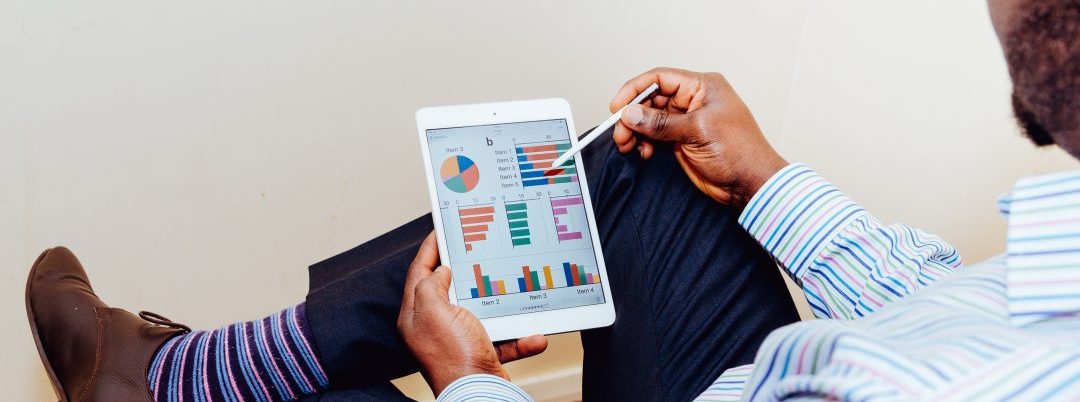
“I’m too busy.”
“I just don’t feel like it.”
“I’ll do it later.”
Sound familiar? Whatever your reason for procrastinating, the good new is this: Procrastination is not a disease. It’s a habit. And like every habit, you can change.
Counselors and life coaches have found that it only takes 21 days to develop a new habit. So kick procrastination to the curb, and let’s discover a healthier way to live. Let’s get things done!
If you feel overwhelmed or paralyzed when you think about all you have to do, try these tips:
1)Write it down.
First things first: A lot of us waste energy just trying to remember what we need to do…and worrying that we’ll forget it. Counselors and life coaches suggest writing out what you need to accomplish so you can stay on top of things and get work done on time. You’ll also avoid double-scheduling yourself. And, at the end of the day, you can visually see what you’ve accomplished. So buy a planner. Or put your schedule in your phone. Give your brain a break!
2) Prioritize.
Take the trash out. Pay the phone bill. Go grocery shopping. Deposit the paycheck. Meet a friend for coffee. Get the car tuned up. Cook dinner. Help the kids with homework . . . Face it: Life is busy. Often, there’s more to do than we actually have time for! Rather than working at random, determine the most important tasks in front of you each day. And do those things first. Work smart by asking yourself these four questions:
- What do I have to do today?
- What can I realistically get done with the time I have?
- What do I want to do today that can wait?
- What priorities should I set for today?
3) Focus on one thing at a time.
Don’t believe the hype about multi-tasking. Sure, it works for a few people (about 3 percent of the population), but for most of us, trying to do too many things at once actually slows us down. Counselors and life coaches report that “multi-tasking hurts the brain’s ability to focus . . . Multi-taskers were shown to be less efficient at juggling problems.” (1) Don’t short-circuit your brain! Break your time down into 15 or 30 minute increments and focus on one thing. You may be amazed how much you get done.
4) Start early
Refuse to use the excuse, “I’m just a procrastinator. “ You don’t have to be! As you work, be realistic about the time and effort you will need to put into a task. Don’t wait until the night…the day…or the weekend before. Give yourself a buffer of at least several days in case things go wrong (and the bigger your project, the bigger your time buffer should be). Counselors and life coaches have found that starting early is one of the biggest ways to avoid stress and actually enjoy your work.
5) Set achievable goals.
Rome wasn’t conquered in a day…and you can’t achieve your dreams in one afternoon. Whether it’s writing a paper, remodeling a bathroom, cleaning the house, or completing a work project, break a big job down into small, easily achievable goals. Don’t set yourself up for failure by saying you will paint the whole house or write a research paper in one day! Be realistic…and take breaks along the way. Follow these steps to get you started:
- The task is _______________.
- I estimate it will take __ amount of time to complete it.
- I plan to start ___ and schedule __ hours each day/week to work on it.
- I plan to complete the project by _______.
6) Reward yourself.
All work and no play? Not the best formula for productivity. As you work, motivate yourself to get things done by connecting what you don’t want to do with what you enjoy. For example, if you’re cleaning house, put on your favorite music and sing along. If you need to get a computer project done, buy your favorite drink to sip as you type. If you need to do yardwork all afternoon, plan to go see a movie or hang out with friends that night. Counselors and life coaches have found this method to be extremely effective in helping people accomplish tasks they don’t want to do.
Getting things done doesn’t mean you have to be a workaholic. It’s all about balance. Learn to say no. Be realistic about what you commit to. And don’t overload yourself.
Try a few of these easy tips today. You may just be surprised how quickly “I don’t know where to start” is drowned out by “Wow. I’m finished already.”
What are you waiting for?
(1) Richtel, Matt, “Multitasking hurts brains ability to focus,” The Seattle Times, June 6, 2010,















One of the biggest challenges in my life has been the atrociously bad habit of procrastination. This list of strategies isn’t bad at all, and starting tomorrow, I am going to try to start implementing them into my life.
I’ll leave a note in a month or so to see how it has progressed.
Cheers!
Art,
So…it’s been a week (not a month). How’s it going??